Shazam and Cell Theory, Movie and Homeschooling Blog, New Digital Art and Photography
Shazam and Cell Theory
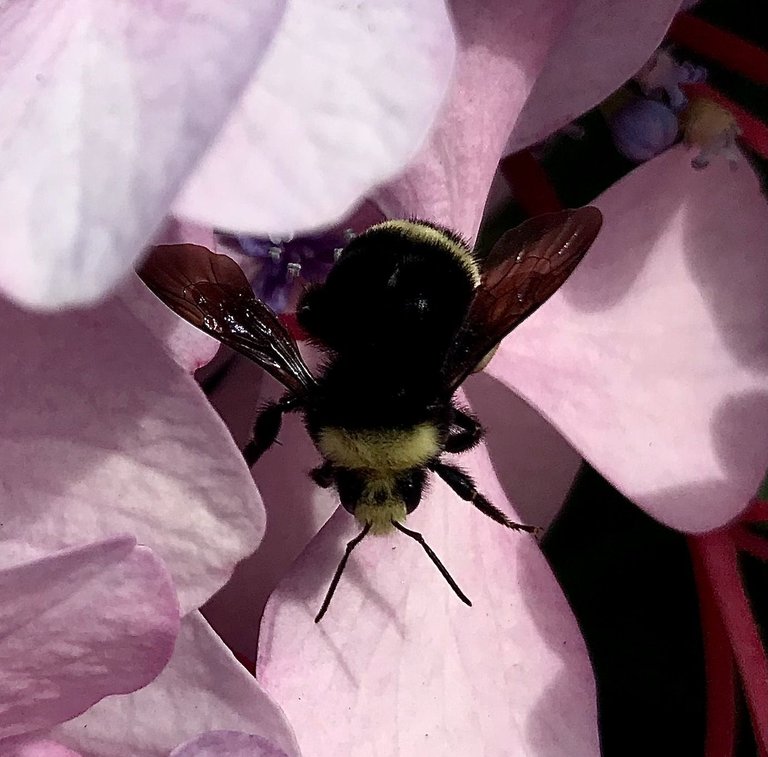
Found myself bright-eyed and bushy tailed this morning. I hopped out of bed at 7:30 in the morning. I know that is not that early, but early enough for me, and it still took a pretty substantial pep talk for me not to go back to sleep. I managed to rouse Minime shortly after with promises of a family favorites movie at the Cineplex. He takes after his momma and can sleep in like a champ.
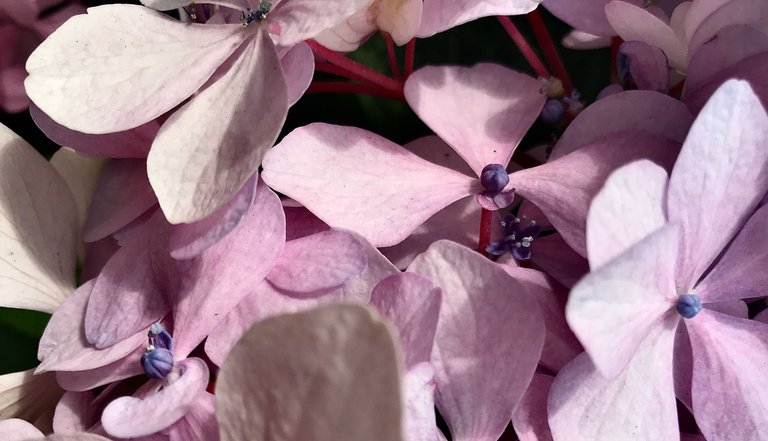
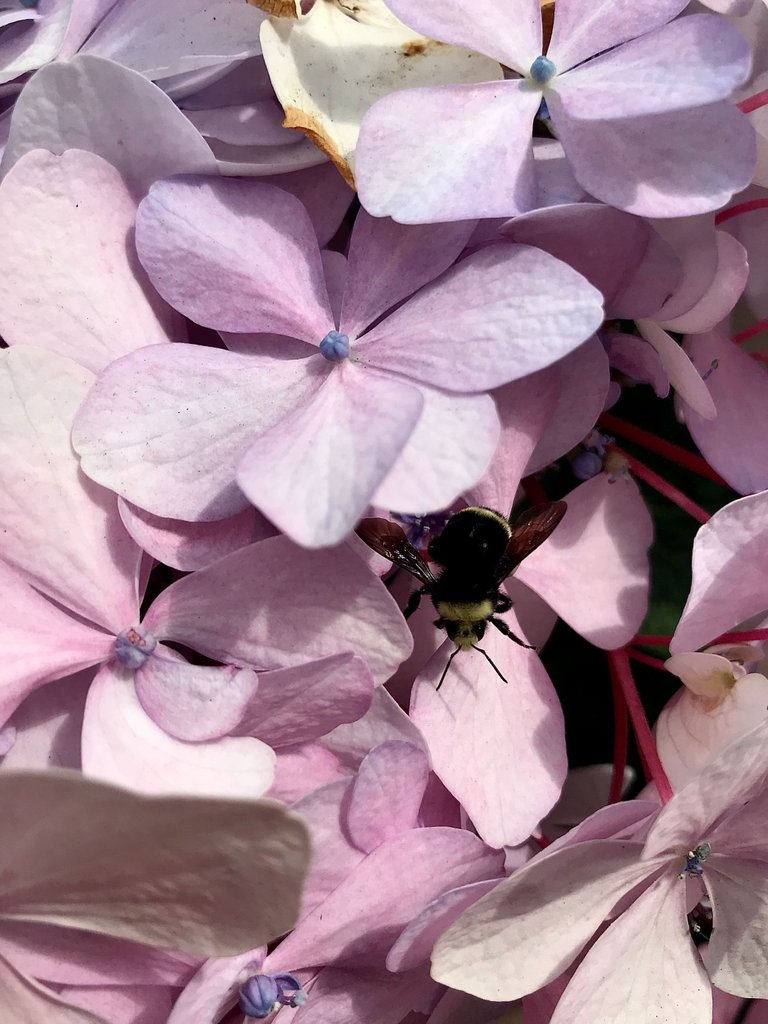
Shazam 2, Gods of Fury, follows on the very charming first Shazam instalment.
The DC comic adaptation brings to the big screen just about every young boy's dream: what it would be like if you suddenly had super powers and then ... nightmare.. suddenly lost them again.
There is still lots of awkward charm in the sequel, but less novelty that transforms those social gaffes to comedy. Shazam 2 does has some impressive cast additions this time around. Helen Mirren and Lucy Liu play the two oldest Daughters of Atlas, Hesperia and Calypso. Atlas is dead; his daughters don't hold up the world in his stead, but a grudge from the betrayal of humanity and the theft of their godly powers, at the hands of the Wizard. Portrayed by Djimon Hounsou, the Wizard captures some of that original charm as a shell-shocked dimension traveller out of time and he delivers the best chuckles. Shazam's premise was great and its special effects superb. Of course, Mirren, Honsou, and Liu acted well, but the script and dialogue was predictive, and the product placement like an anvil on a xylophone: skittles anyone. But for 3 bucks on a Saturday morning, it's a good time, and you might just see unicorns and a Wonder Woman cameo.
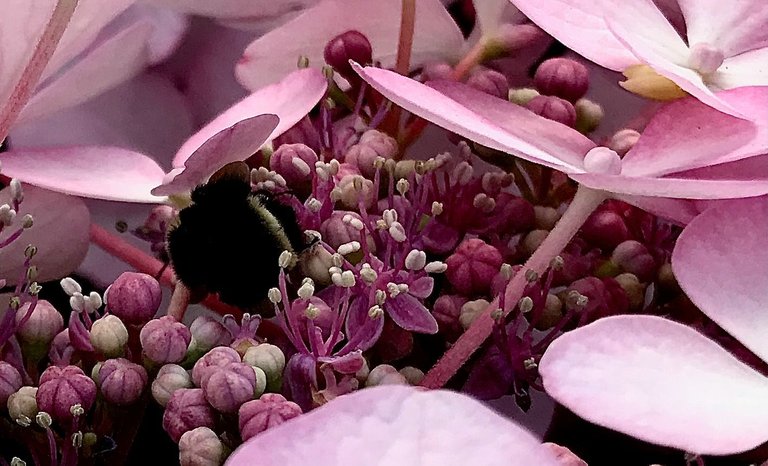
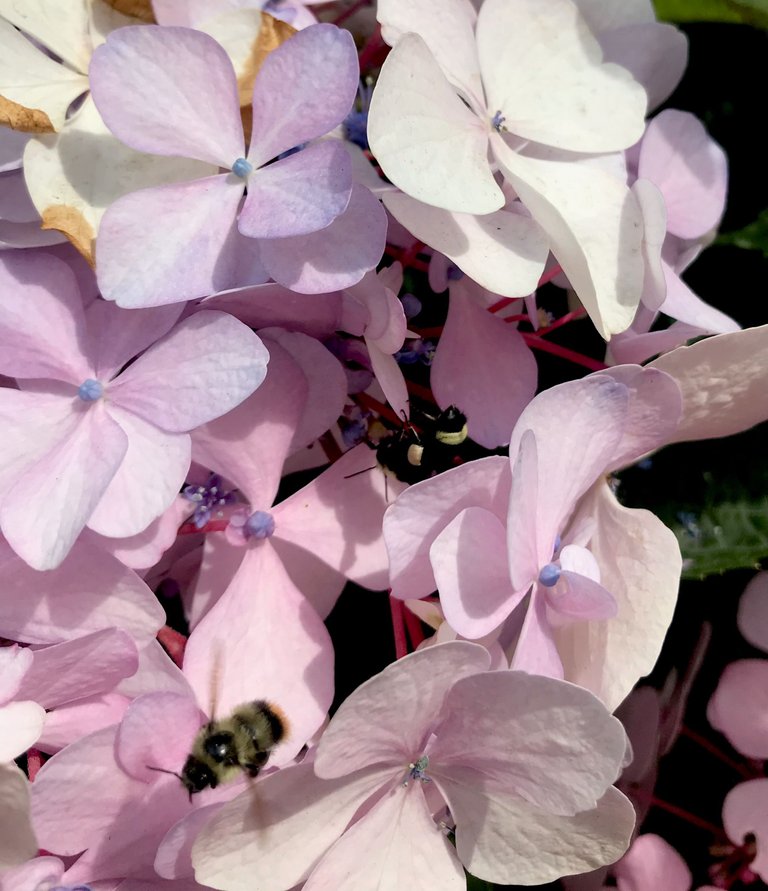
Introduction Into Cell Theory
We have begun our grade 8 studies in earnest and are now exploring cell theory. Yes I know it is likely to undergo a huge overhaul in the not too distant future but it is still super fun for me, because my secret super power is nerdiness. I am sort of like a reverse Superman/Clark Kent if Superman were a homeschooling-soccer mom to a young teenage boy. Let's be honest. Superman doesn't really have it in him. Too much multitasking.
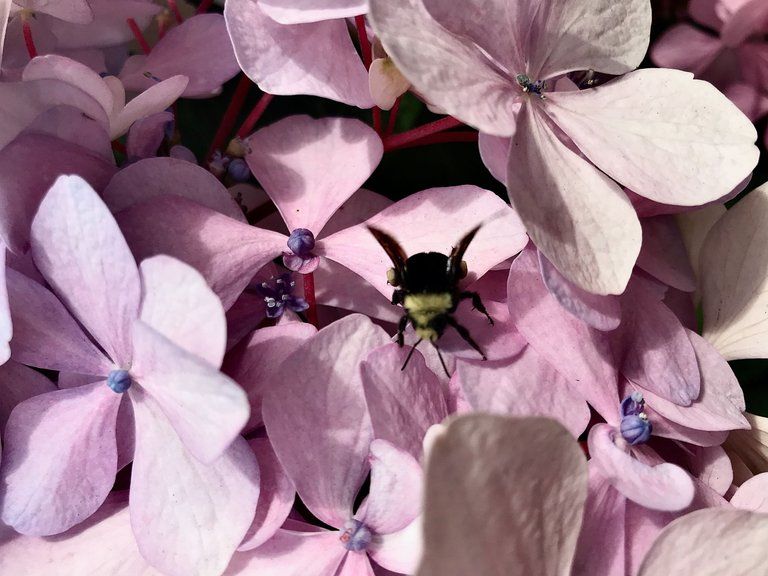
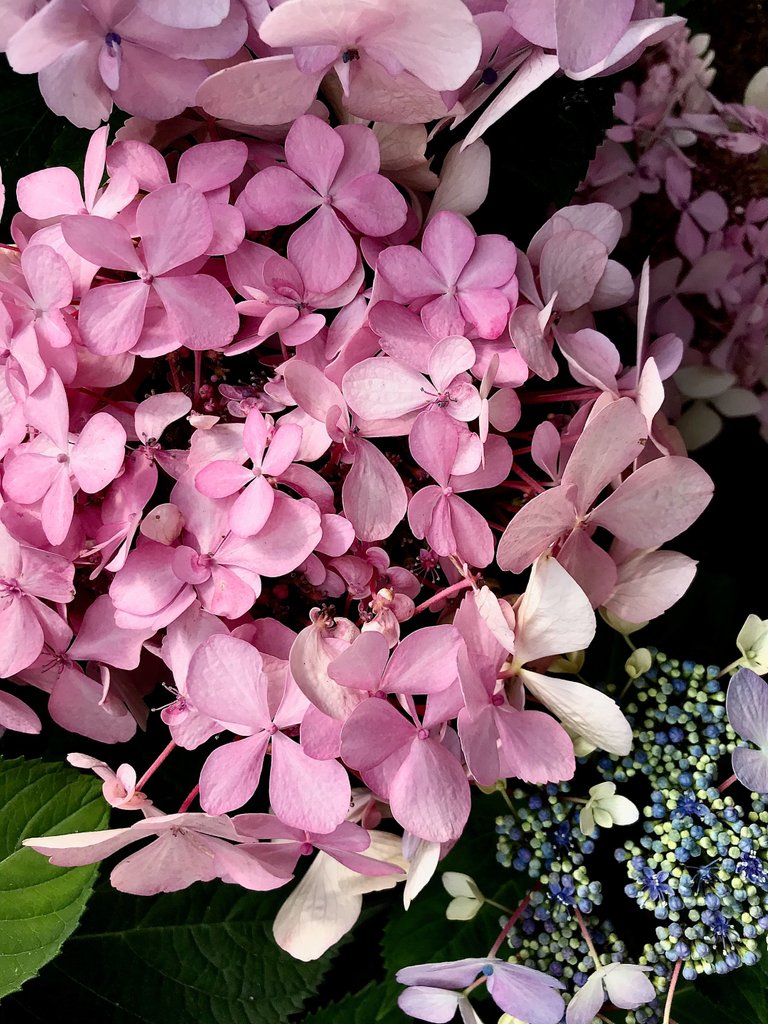
From our Studies ..
Almost everything around us is made up of smaller building blocks or basic units. The basic units of living things, or biology, are cells. An organism must have at least one complete cell to be considered living. These beings are called unicellular organisms.
Bacteria, though they may live in a colony, are an example of unicellular organisms.

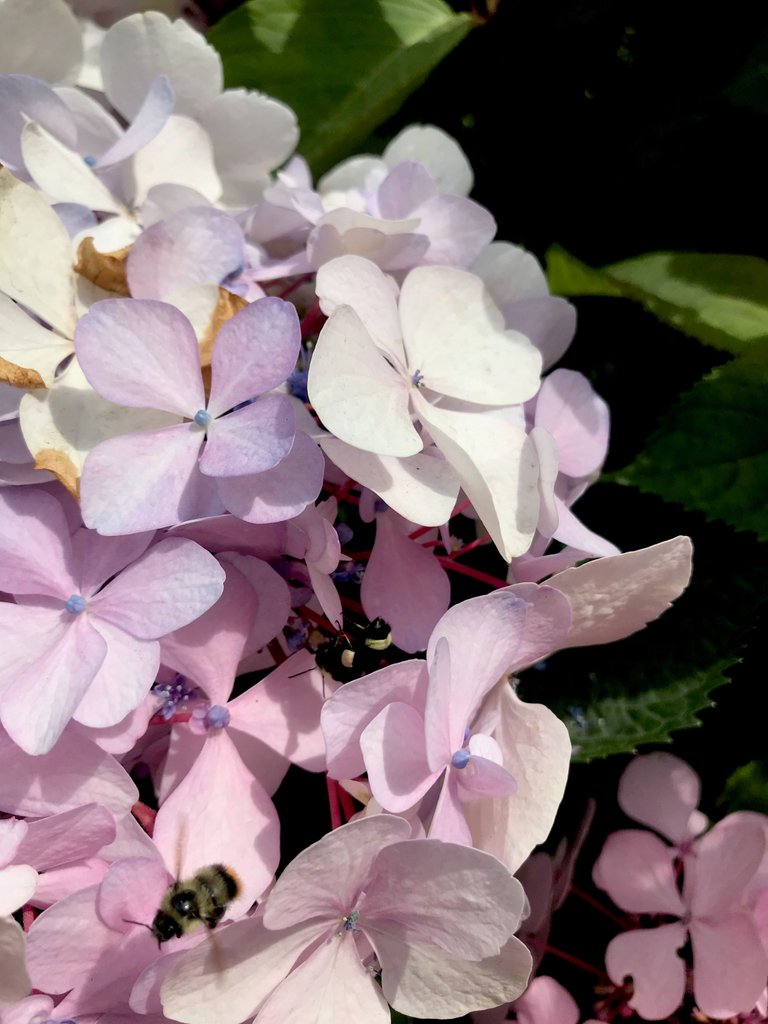
Viruses are generally not considered alive; although they inhabit living beings and use living beings to reproduce.
Humans are multicellular organisms with a complex cell structure. Our cells contain organelles. There are many cells in our body and many different types of cells; for example gametes, neurons, muscle, and red blood cells. They all have different shape, structure, size, and function. They come together as basic units to form tissue, transport systems, and organs and every nano-inch of your body and mine.
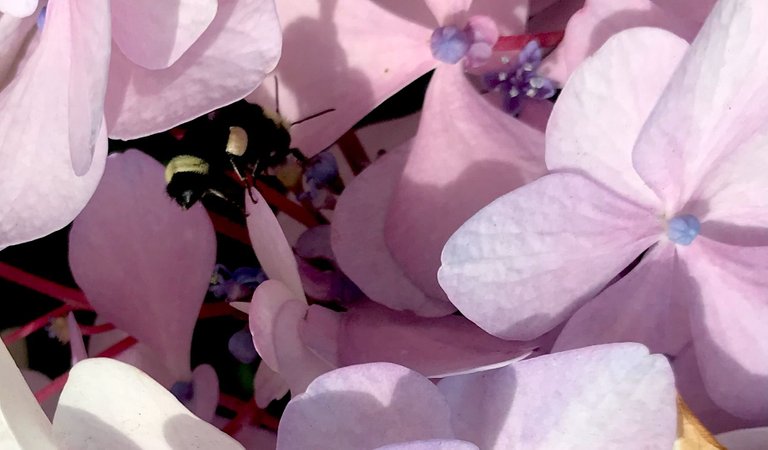
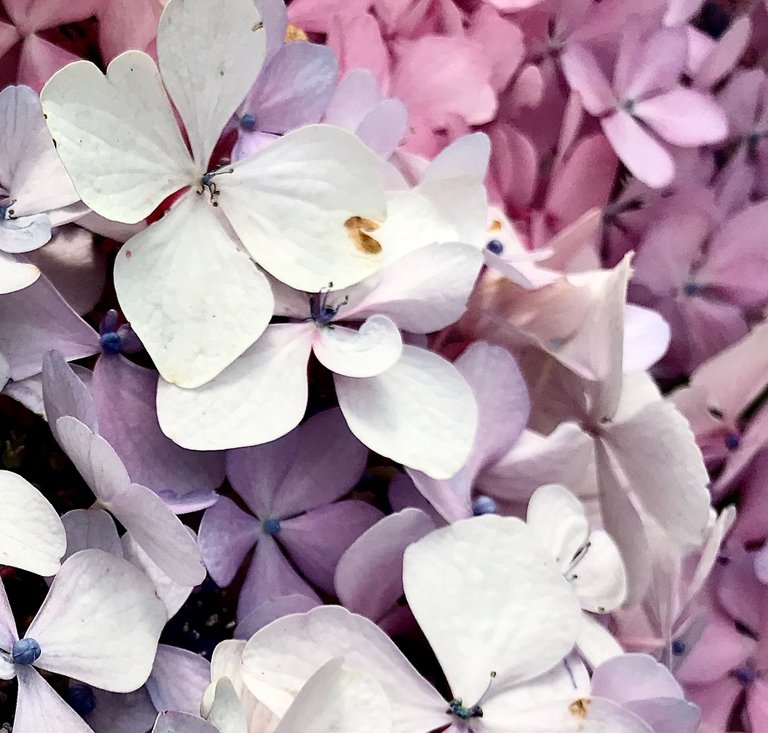
Cell theory, along with evolution, make up the foundation of biology.
There are three/four postulates of cell theory.
- all living things consist of cells
- cells replicate themselves
- cells are structured according to function and to sustain life
- energy flows within cells
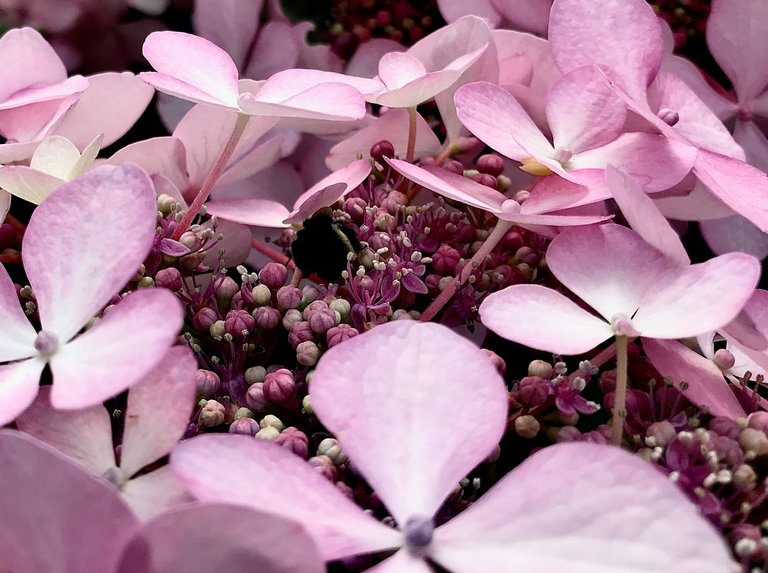
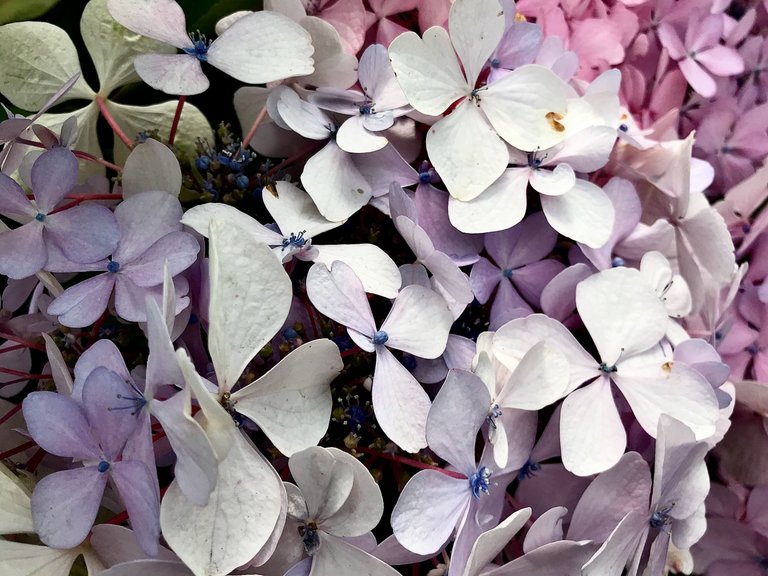
There are two exceptions to cell theory.
viruses do not replicate themselves and are not considered life
the first cell did not come from an existing cell
(Just like with the big bang, cell theory asks for that one first miracle. That said there is some pretty interesting findings with regards to phospholipid membranes forming spontaneously.)
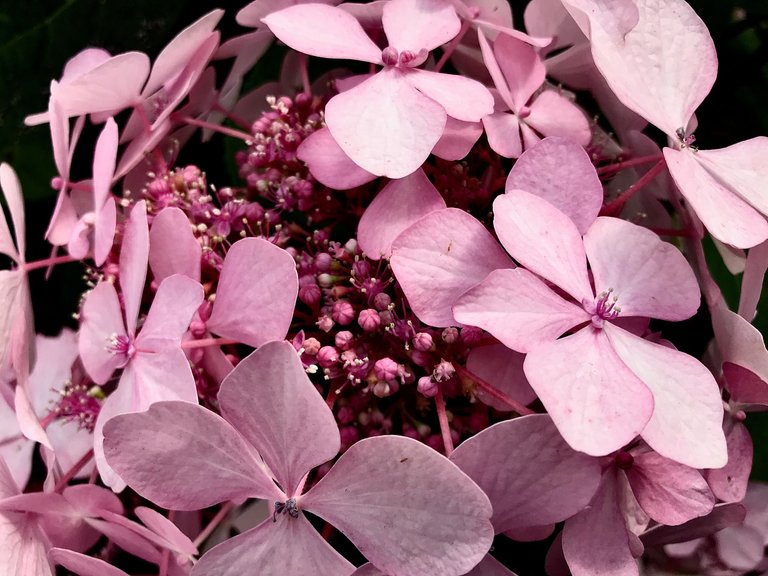
Animal Versus Plant Cells
Similarities
- eukaryotic - contain a complex structure of different organelles that perform different cell functions
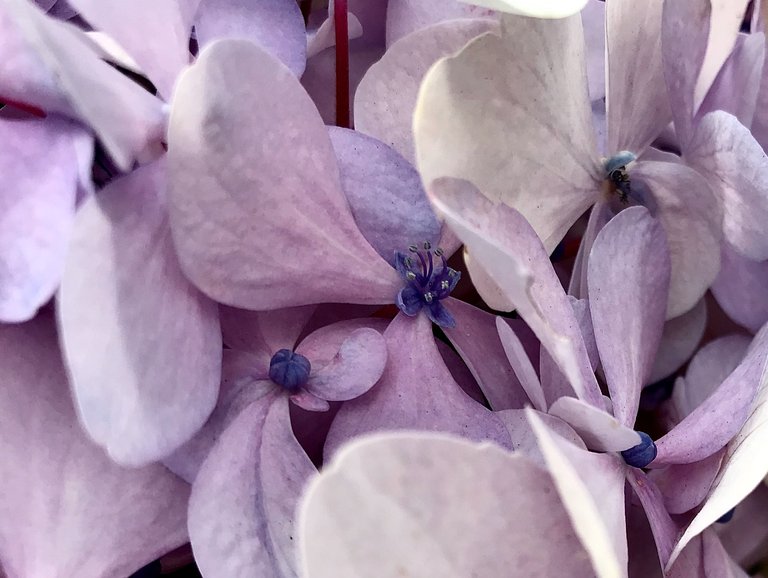
- These organelles include: rough and smooth endoplasmic reticulum, Golgi bodies, mitochondria, nucleus, and non-membrane bound ribosomes
- They have a cytoskeleton.
- A cell membrane contains cytoplasm.
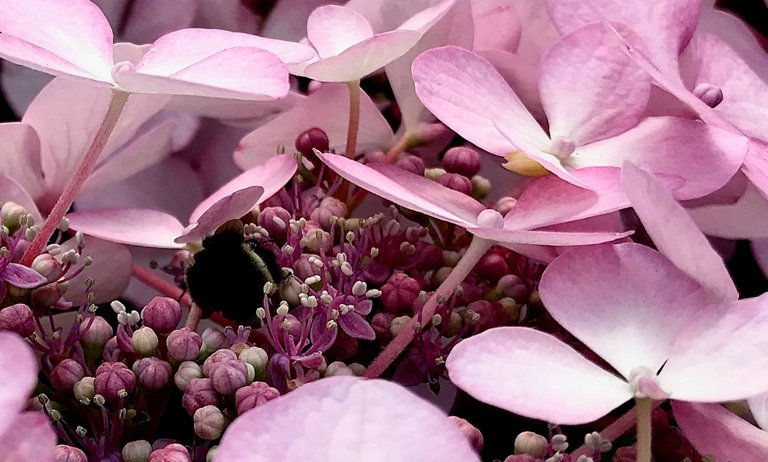
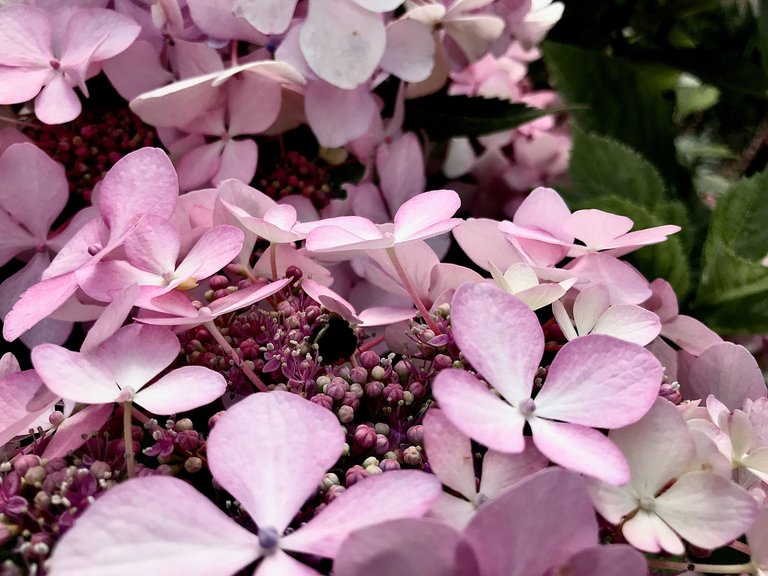
Differences
- A plant cell has a cell wall composed of fibre. The cell wall is a rigid outer covering that provides structure and protection. Animal cells do not have cell walls.
- Plant cells have chloroplasts that allow plants to convert sunlight to biomass (sugar). In this process, photosyntheses, they take in carbon dioxide and release oxygen for animals to breathe. Animals do not have chloroplasts.
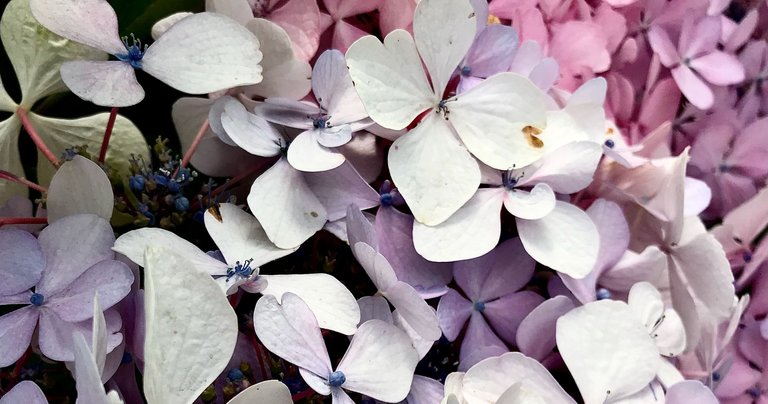
- Relative to animal cells, plant cells have larger central vacuoles.
- Only animal cells have lysosomes. Lysosomes help break down waste products and invading substances that make their way into the cell. In the case of the plant, the cell walls keep these undesirable substances out of the cell. Vacuoles also form a similar function to lysosomes.
- Plant cells contain plastids.
- Animal cells have centrosomes, which aid in cell replication.
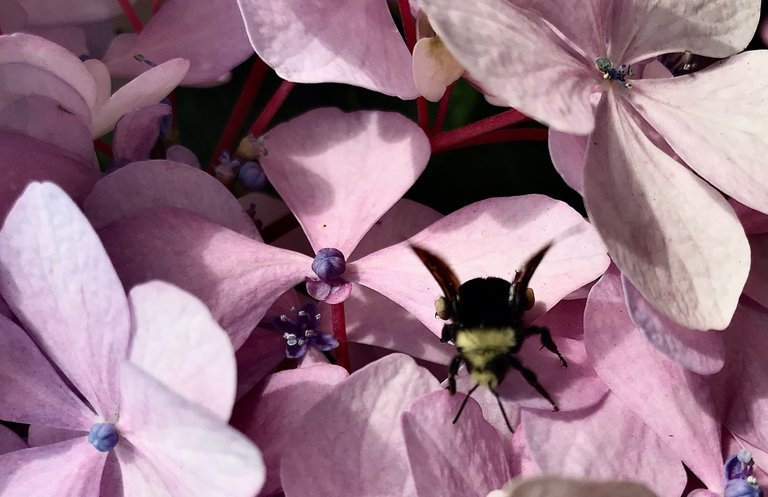


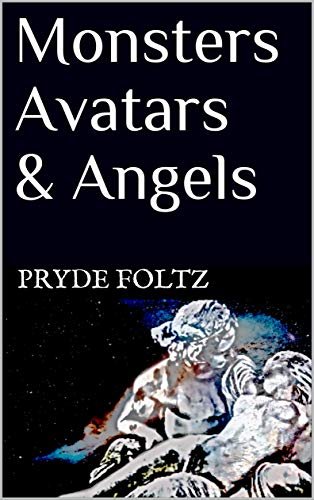



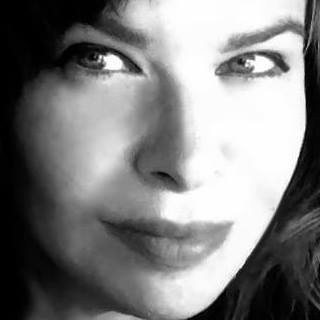
Hmm
This is nice
Would love to know more about Supermen...
Thank you:)
https://twitter.com/lee19389/status/1690703642972889089
#hive #posh
Thank you:)
This mini insect and pink colour flower's both looks so beautiful and amazing.
That is a bumble bee. Thank you:)
Congratulations @prydefoltz! You have completed the following achievement on the Hive blockchain And have been rewarded with New badge(s)
Your next payout target is 15000 HP.
The unit is Hive Power equivalent because post and comment rewards can be split into HP and HBD
You can view your badges on your board and compare yourself to others in the Ranking
If you no longer want to receive notifications, reply to this comment with the word
STOPCheck out our last posts:
Very beautiful photos!